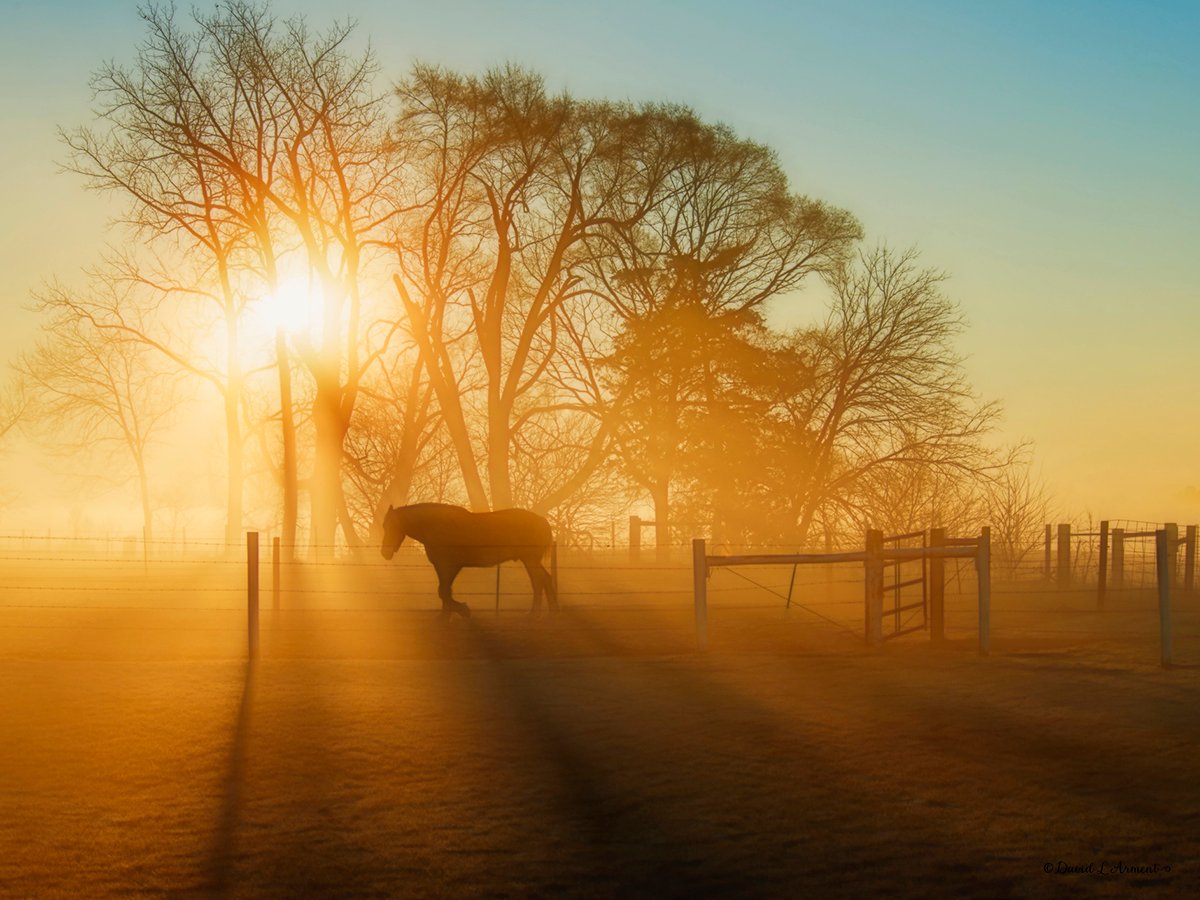Q:I am 61 years old and getting nervous. We hear a lot about Alzheimer’s disease and I fear I might become a victim. The truth is that my memory banks are not working well. I am sure that I have memory loss, and with all of those innovations coming into our farm equipment, I am not able to keep up to my son and son-in-law when we work around the farm.
Can you tell me what I should look for to decide whether or not I have Alzheimer’s disease?
Read Also

Can folklore predict winter weather?
I thought it might be fun to take a closer look at some weather folklore and try to dissect them a little bit to see if they are or can be used to predict future weather.
A:If you have concerns about Alzheimer’s disease, you should talk to your family doctor. It is not something that your doctor can easily diagnose and it is not something you should be figuring out on your own.
Your memory loss, which happens to many people who are your age and even older, may not be memory loss at all. It could be memory overload.
You have had a lot of experiences in a long life. Each one of these experiences commands a special place in your brain.
As time goes by, things start to get crowded in your head, sometimes making it difficult for your new experiences to find a place to settle down.
The more your new experiences struggle to find a place, the less likely you are to remember them. They start to push other memories out of the way, making it hard for you to retrieve them. This is a normal part of aging. Nothing in this process means that something is wrong with you.
The fear of memory loss in old age is likely drawn from the myth that as people get older, cells in their brains die and are not replaced by new cells.
We have new research from both CAT scans and MRIs, showing us that people’s brains generate new cells throughout most of their lives, even when they enter old age, unless their brains have been affected by some kind of a disease.
We slow down as we get older, and so do our brains. They need to be exercised to retain their agilities.
Lawrence Katz and Manning Rubin, the founders of Neurobic exercises for the brain, have a number of routines you can follow to exercise the brain. They can be found at www.neurobics.com.
Start brushing teeth using the other hand, wake up to different smells than the coffee maker or work the fields from different starting points. Doing something fun and different is also exercising the brain.
Jacklin Andrews is a family counsellor from Saskatchewan. Contact: jandrews@producer. com.
















